This volume breaks new ground by conceptualizing landscape as a dynamic cultural complex in which the natural world and human practice are inextricably linked and are constantly interacting. It examines the social and cultural construction of space in the early medieval period in South Asia, as manifest in society, religious architecture and as shaped through trade and economic transactions.
Contents: Introduction. Part 1: The Archaeology of Space. 1. India Cartographica: Some Roman Sightings/Grant Parker. 2. Cartography and Cultural Encounter: Conceptualisation of al-Hind by Arabic and Persian Writers from the 9th to 11th Century CE/Noemie Verdon 3. Self, Other and the Use and Appropriation of Late Roman Coins in South India and Sri Lanka (4th–8th Centuries ce)/Rebecca Darley. Part 2: Defining Cultural Landscapes. 4. Sacred Spaces of the Middle Ganga Valley: A Case Study of Varanasi/Vidula Jayaswal. 5. Transforming the Landscape: Questions of Medieval Reuse and Worship at Ancient Jain Rock-Cut Sites near Madurai/Lisa N. Owen. 6. Of Saffron, Snow and Spirituality: Glimpses of Cultural Geography in the Rajatarangini/Shonaleeka Kaul. 7. ‘Space for Change’: Reviewing ‘Paucity of Coins’ in Early Medieval India with Regard to Data, Methodology and Interpretation/Shailendra Bhandare. 8. Colonial Imagination and Identity Attribution: Numismatic Cues for Defining Space/Mamta Dwivedi. 9. Shrines as ‘Monuments’: Issues of Classification, Custody and Conflict in Orissa/Umakanta Mishra. Index.

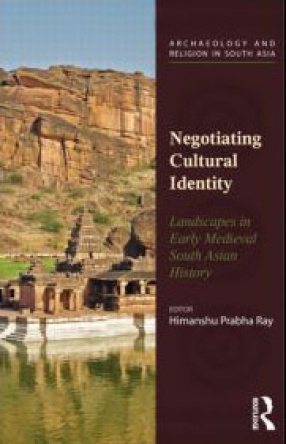
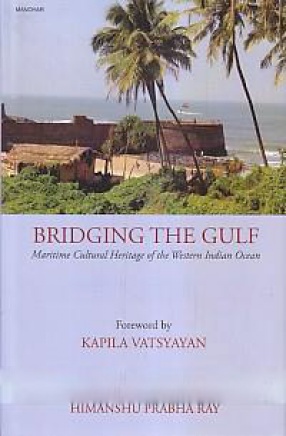
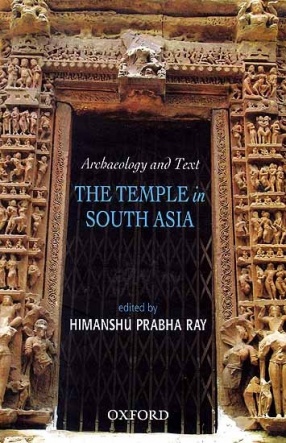
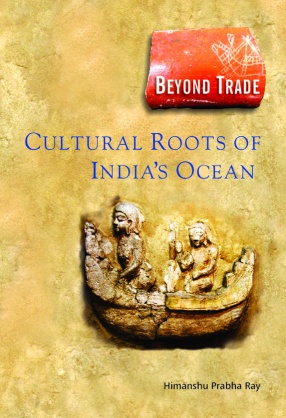

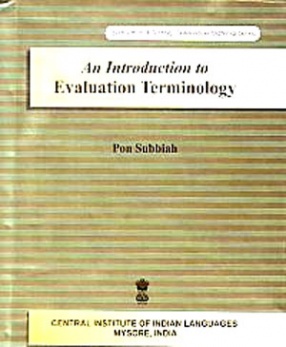
There are no reviews yet.